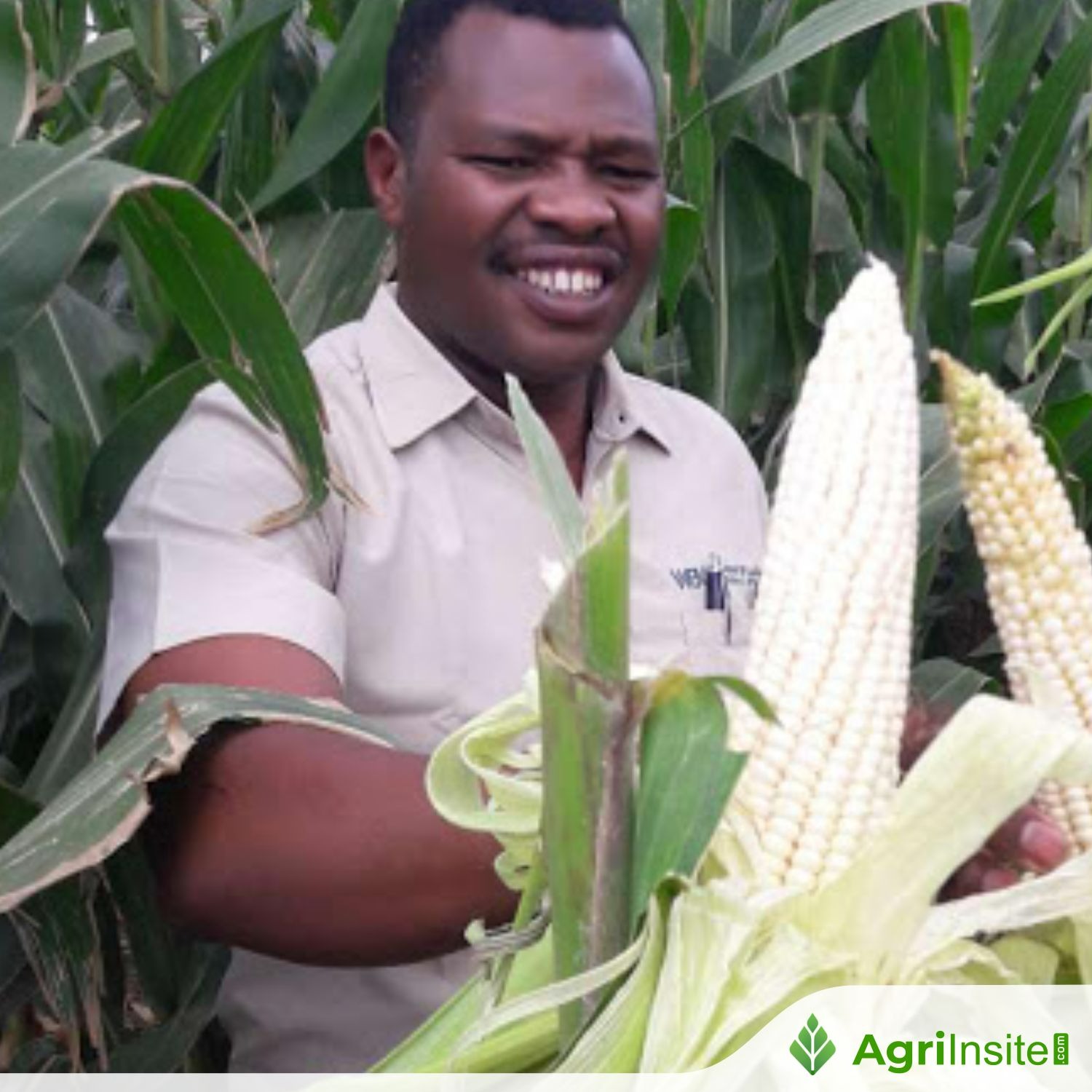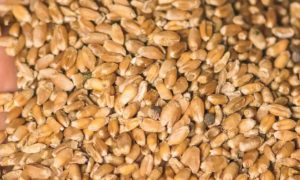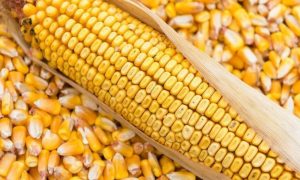Kenya losing millions over delays in commercalising GMO maize

Kenya’s five-year delay in commercializing Bt maize has cost $67 million in lost benefits. Bt maize could boost yields, lower production costs, and enhance food security by combating pests. Experts urge swift adoption following the 2024 GMO ban lift, with Kenya’s biosafety system ready to oversee implementation.
Delays in commercialising Bt maize technology are not only costing Kenya millions in potential economic benefits, but also hindering the country’s efforts to become self-sufficient in production of the grain, a new study shows.
Kenya could have started growing Bt maize in 2019 as the seeds were ready by then and the country had completed field trials. However, legal hurdles blocked the commercialisation of the technology.
The study by experts from Breakthrough Institute, the Alliance for Science, the African Agricultural Technology Foundation (AATF) , the International Service for the Acquisition of Agri-biotech Applications (ISAAA) AfriCenter, and the International Potato Center (CIP), notes that there has been at least five years of delay in commercialising Bt maize.
“The five-year delay has cost Kenyan farmers and consumers 67 million US dollars (Sh8.7 billion),” the study titled ‘Genetically Modified Crops in Kenya: The Cost of Delay’, indicates.
“If Kenya had begun growing Bt maize in 2019, farmers and consumers could have gained an estimated Sh28.2 billion in benefits by 2029,” adds the report.
The study further forecasts that with Bt maize under production by 2024, Kenya could have produced 194,000 tonnes of additional maize harvest.
Kenya produces an average of 45 million 90kg bags of maize annually against a demand of about 62 million bags. The deficit is covered by imports from neighbouring countries, including Uganda.
The report notes that production of Bt maize will substantially increase yields in the lowland, mid-altitude and transitional zones because the technology mainly protects against the crop stem borer species Chilo partellus, which does the most damage in those regions.
Further, the study notes adoption of GM maize protects the environment as it reduces the emissions intensity during maize production as much less fertiliser and pesticides are needed.
Vitumbiko Chinoko, Open Forum on Agricultural Biotechnology in Africa project manager at AATF, says modern biotechnology is no longer just an option but a necessity for countries like Kenya facing mounting food security challenges.
“Delays in commercialisation are costing farmers and the economy dearly. We must act now.”
Sheila Ochugboju, the executive director of the Alliance for Science, emphasises the urgency of action.
“Kenyan farmers are battling extreme climate challenges while solutions sit within reach. This report clearly outlines the economic and social benefits that Bt maize, Bt cotton, and biotech potatoes can offer—reducing poverty, improving livelihoods and ensuring food security.”
Marc Ghislain, biotechnology coordinator at CIP, says biotech potatoes will help farmers overcome late blight disease, which has been a relentless challenge.
“Our research shows that adopting biotech potatoes resistant to this disease can reduce losses, lower costs and improve incomes significantly. It’s a win for farmers and a win for food security.”
Dr Margaret Karembu, director of ISAAA AfriCenter, observes that “misinformation and delays in decision-making have hindered the adoption of life-changing innovations. This report demonstrates how timely adoption of GM crops can empower smallholder farmers with the tools to thrive in an unpredictable climate.”
Dr Emma Kovak, lead author and Food and Agriculture analyst at the Breakthrough Institute, says Kenya’s adoption of GM crops not only enhances food security but also mitigates deforestation and greenhouse gas emissions. “It’s a pathway to a sustainable future for agriculture.”
But Kenya is working on commercialisation of Bt maize following the lifting of the ban on sale and importation of genetically modified organisms by the High Court on November 7, 2024.
The National Biosafety Authority notes the country has a strong system in place to manage GMOs and related products.
To read more about Maize News continue reading Agriinsite.com
Source : Nation
















